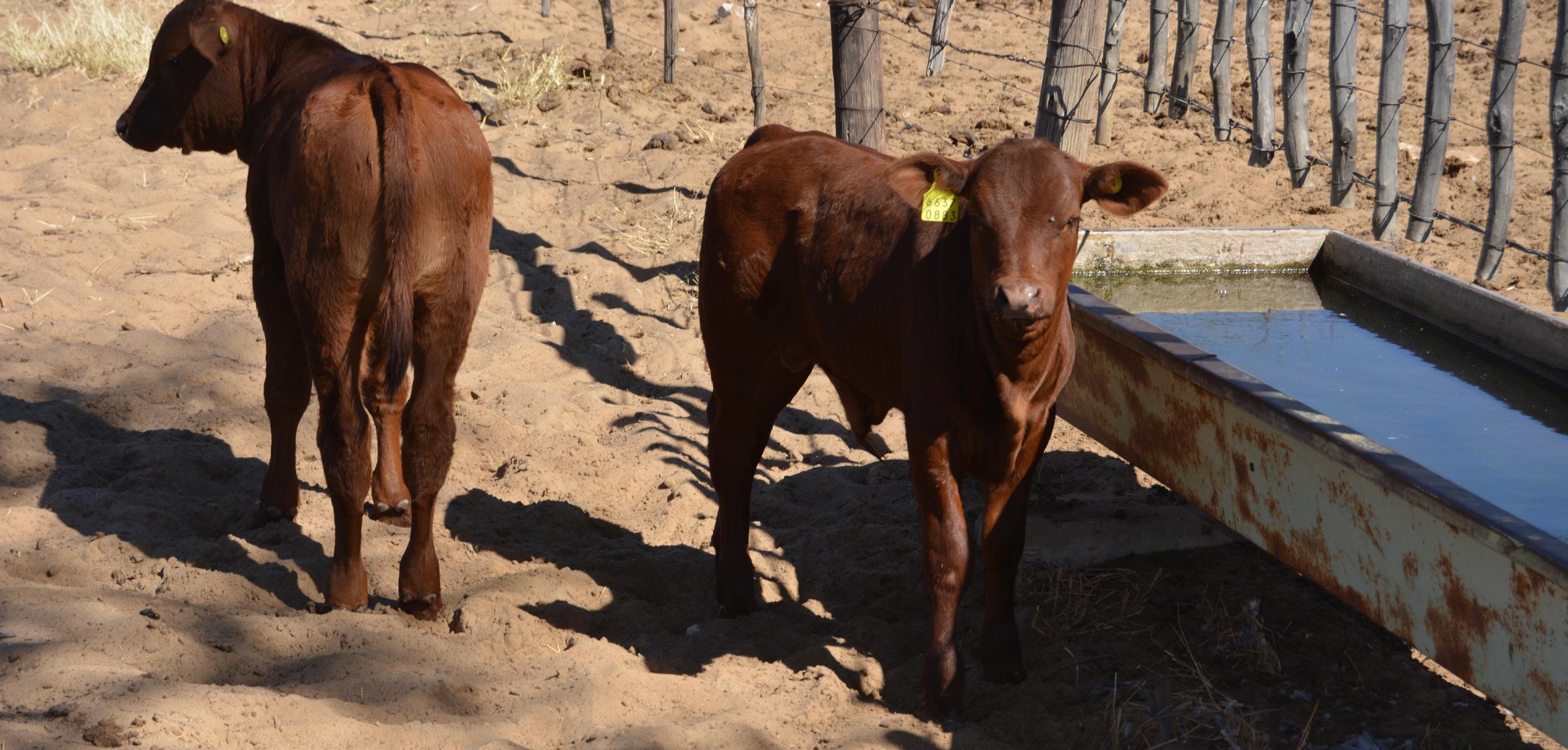
3 minute read
MITIGATING HUMAN WILDLIFE CONFLICT
The tension between farmers or the general public and wild animals is not one that is new to us, but one that has been on-going for years and years. Just like us, wild animals are inhabitants of the earth and on many occasions we are found competing for territory and living spaces with them. Territorials for grazing or for hunting their prey is one of the reasons that brings us in direct confrontation and many times resulting in conflict with wild animals. Although wild animals are kept in enclosed nature reserved parks and wildlife resort centre, on numerous occasions they often find an escape route that directly lead them to the general public. We often hear reports of lions escaping from the wild and attacking live stocks, elephants coming from the wild and destroying irrigated crops and even worse, we have statistics of peoples` that have been killed or injured due to direct confrontation with Hippopotamus and crocodiles. But why all this conflict between farmers or the general public and wild animals? There are several reasons why conflict occur and will continue to exist between wild animals and the general public out there. One of the reason that is worth being explored, is the lack of adequate territory for wild animals. Generally, wild animals are known to cover a larger range of land as they graze or when they hunt their prey. When wild animals are confined within little spaces or area that does not have sufficient grazing and enough prey to hunt, they are often forced to cross their boundary and look for grazing pastures or prey elsewhere. This is one of the reason, why a pride of lion or a herd of elephant gets to escape from the wild and bring about direct confrontation with farmers. This is often a clear sign, that the animals do not have enough territory for their own exploration and thus leading them to turn towards humans. In fact, it have been recorded that livestock losses to predators are higher when natural wild prey is scarce. However, there is an exception to this, as at times a troubling animal, might be a ferocious bull from an elephant herd or just a nomadic male lion can break free from the rest to cause unnecessary problems to farmers even when there are enough prey to hunt and grazing pastures. With such wild behavior, this often results to that specific animals being taken down by officials from the MEFT. Human negligence and not respecting or giving enough space to wild animals such as Hippopotamus, crocodiles and buffalos can lead to catastrophic and devastating results. Many incidence and statistics that have been recorded as a result of humans being attacked by crocodiles and hippopotamus is often a direct results of human negligence. Some people have been attacked by these ferocious beast as they were busy washing their item or executing other activities while close to the river. It is important that we all take caution and not be negligent especially when close to the rivers or other water points and our alerts should be higher during times of flooding. Farmers that often lose
their livestock to predators such as leopards & cheetahs should get back to the drawing board by inspecting or analysing their farm if whether there are enough prey. Lack of prey is one of the reasons, why predators end up catching live stocks. As a result, farmers should find ways to restock or get the prey back on their farm. This can be effectively achieved, if the farmer start well managing their rangeland. A well-managed rangeland will attract and bring back the desired prey. Farmers should also employ livestock guarding dogs as they deter predators. Wild animals do have their place and we shouldn`t be ignorant of the critical role that they play towards the tourism sector. Hence to further mitigate human wildlife conflicts, in our strategy and method of formulation, it should be executed in such a way that is both in the interest of wild animals and humanity. If given enough spaces of their own and less interference from humans, there is a greater chance that there will be less records and statistics of wildlifehuman conflict.
Advertisement

Tommy Thomas, is a wildlife ranger who helps with mitigating humanwildlife conflict. Email:ihshilng@gmil.com












